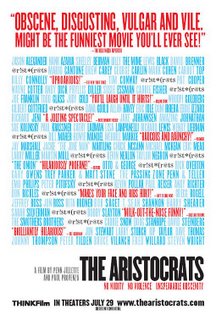Disorder.
Anyway, the important thing is that it's done, though now the rest of the apartment is re-styled in "Katrina chic," with stuff everywhere. I can't wait until this whole process is finished so we can start living again, instead of just subsisting amidst the teetering towers of miscellanea that have sprung up, toadstool-like, in every room.
To that end, we swept and dusted the now-echoing office, mopped the floors and scrubbed the walls. A friend came over and, in exchange for pizza and beer, helped us lay down two thick coats of primer everywhere except the floor; even the ceiling got done, which was a first for me. I'm indebted to C for her patience: try as I may, I can't seem to paint particularly well and I'm sure it drives a pro like her nuts. I think it's a testament to our bond that we were still smiling at the end of the day.
Both the government and the LTTE claim to be for "peace" and neither side has officially abrogated the ceasefire. But all the signs are pointing toward a rapid slide back to all-out civil war that will have devastating consequences for working people on the island—Tamil, Sinhala and Muslim alike. More than 65,000 people were killed in two decades of brutal conflict prior to 2002. Many more were maimed or turned into refugees.
Both sides are threatening war. LTTE spokesman S. Pulidevan told the media: "They are firing with artillery and cannons. It is like a war situation in Trincomalee. If the attacks continue, the LTTE will be forced to take military defensive action." LTTE leader in Trincomalee S.S. Elilan warned: "We are in a state of readiness and are waiting for the instruction from our leadership to respond with force that will be catastrophically disabling and devastating to the enemy."
Government defence spokesman Keheliya Rambukwella was no less bellicose, declaring: "There’s no duration or limits on defence matters. If the LTTE continues its attacks, there will be coordinated retaliation or defence. This will continue as long as the LTTE targets the security forces." In his comments, Media Minister Anura Priyadarsahna Yapa denied that the ceasefire was in a shambles after the first open breaches by the Sri Lankan military, saying only "it’s a bit of a low".
Understatement of the week, bar none. If you're accustomed to the biases of mainstream news outlets, the biases of this article may strike you as particularly glaring, but really the latter are no more severe than the former. Regardless, it provided some productive modifications to my own internal model, so on that basis I recommend it you.
In addition, the Hindustan Times provides more information on more technical aspects of the conflict and ensuing negotiations, as well as delving into the specifics of the Norwegian facilitating team's efforts to hurry peace talks along.












